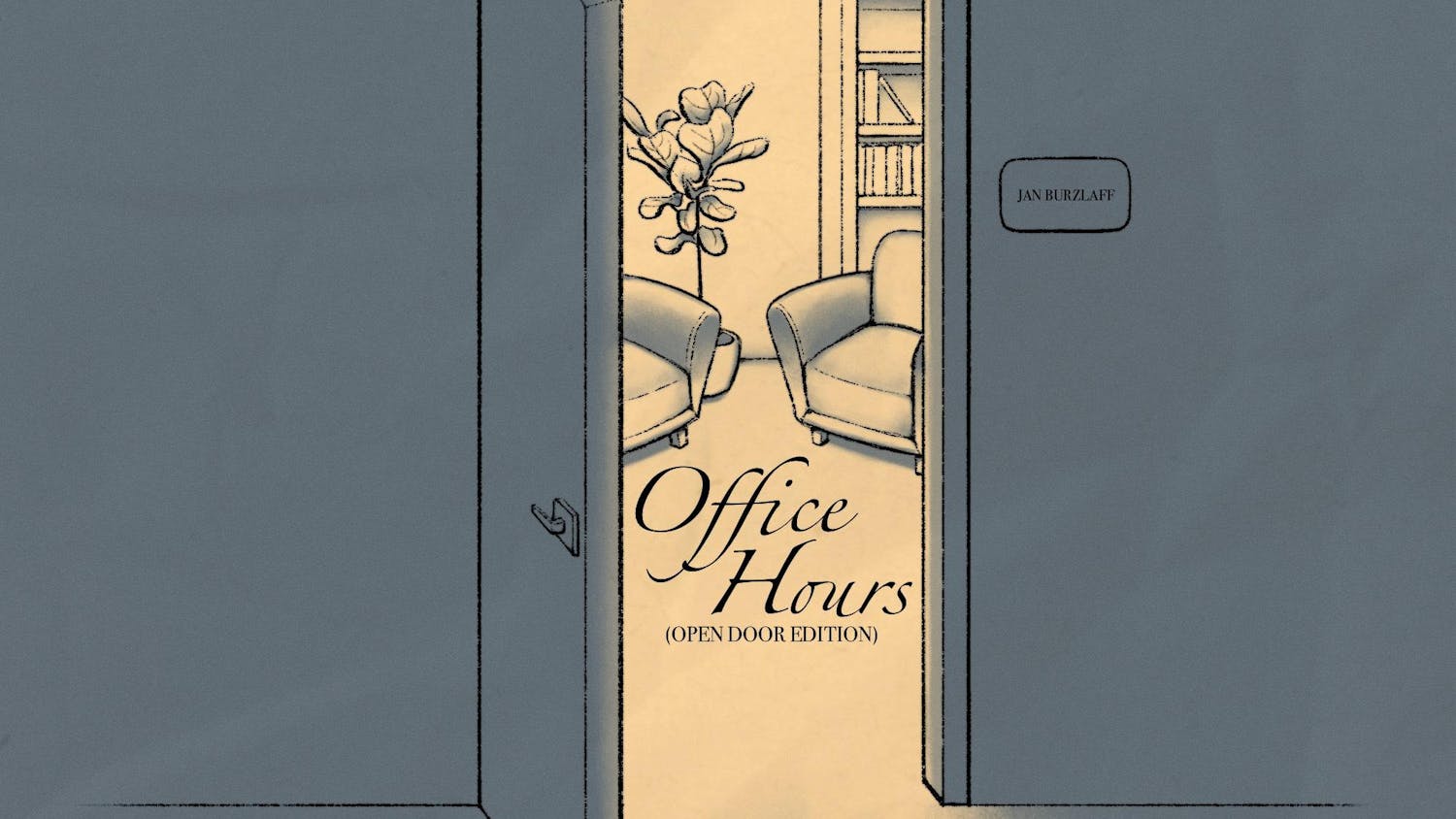I am an admirer of both Professor Eric Cheyfitz and President Michael Kotlikoff. Throughout his distinguished scholarly career, Cheyfitz has been a vigorous and cogent defender of faculty governance as well as a persistent and articulate critic of academic administration. I believe his calls for faculty involvement, such as his column in the April 7 Cornell Sun, under the divisive circumstances now confronting research universities make good sense. At the same time, I have an appreciation of the position of research university presidents under the current conditions that differ from Cheyfitz’s. Believing that support for the university has to be the priority in this fraught moment, I would like to urge faculty, staff and students to reflect on my take on the situation.
The history of Cornell and other American research universities since the late 19th century is indisputably one of corporatization. The leaders of such institutions — notably presidents and trustees — are caught up in the extraordinary complexities and pressures of a multifaceted business that is integral to the operating system of our capitalist economy and democratic society. We can question higher education’s complicities with the system, but not its vital importance and embeddedness in it.
Contrary to the assumptions made by many observers who are participants in or products of the system, those institutional leaders, whether supportive or critical of the system, enjoy precious little room to maneuver. Compelled to practice caution and seek compromise, they are unable to respond favorably to many of the conflicting voices or constituencies they encounter. The flow of demands evolves dynamically and makes for an impossible juggling act. Since the time of crisis triggered by the COVID-19 pandemic, the imperatives and constraints have become so overwhelming that American higher education is now plagued by the increasing difficulty of finding qualified leaders who are able and willing to take on presidential responsibilities.
Two key implications of this predicament deserve to be underscored.
The first is that the rush to blame administrators — especially presidents — for all the (in)actions and policies to which one objects is unlikely either to be helpful or to be commensurate with the challenges at hand. Administrative judgments often have to be made on the fly and are sure to be criticized even when they are plainly overdetermined.
The second is that in times of institutional crisis, the principal task of high-level leadership shifts from long-term corporate strategy to short-term, hands-on management for survival, which may well focus on doing what is immediately necessary in order to minimize harm, preserve the status quo, enable negotiation and so forth. Decision-making in these trying moments is a collective responsibility that entails extensive teamwork. Attributing it primarily to individual presidents or trustees, rather than to the institution as a corporate body, is a dubious proposition.
Looking at the current situation of Cornell through these lenses and with a concern for its role in the world at large, I submit that the university’s trustees made an entirely reasonable decision when they asked Kotlikoff to shed interim status and assume fully the role of president. Prolonging the presidential search would neither dilute the competition with other searching institutions nor improve the sparse crop of candidates. Moreover, the stunning political developments since Jan. 20 make it urgent to confront the federal government through a fully empowered president rather than a lame duck.
Still more to the point, the issue to be confronted by Cornell and more broadly by higher education at large is how to define the guiding interests of the corporate university in a world of political chaos and on a planet veering toward uninhabitability. The campus community stands to benefit from the broad experience, expertise and vision that Kotlikoff has acquired over time. In his recent, superbly crafted essay in the March 31 New York Times, he set forth a level-headed, shrewdly balanced commitment to enduring values that all Cornellians should applaud.
Philip Lewis, Professor Emeritus of Romance Studies, served as dean of the College of Arts and Sciences from 1995 to 2003 and as vice-president of the Andrew W. Mellon Foundation from 2007 to 2015.
The Cornell Daily Sun is interested in publishing a broad and diverse set of content from the Cornell and greater Ithaca community. We want to hear what you have to say about this topic or any of our pieces. Here are some guidelines on how to submit. And here’s our email: associate-editor@cornellsun.com.












